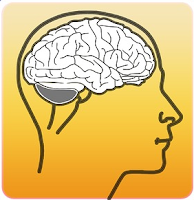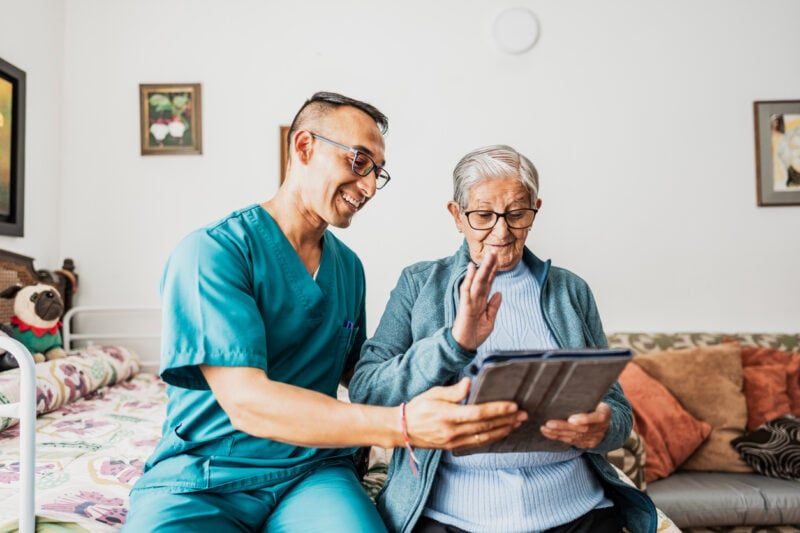By Krista Carr
Bill C-7, legislation to alter Canada’s existing medical aid in dying (MAiD) law, is passing through Parliament at lightning speed. Given the literal life and death consequences of the bill, the fear and anxiety of Canadians with disabilities and their families is mounting as the federal government fails to respect our voices.
What’s different with this proposed legislation? Bill C-7 would allow assisted dying to be offered to persons with disabilities who are not dying or near death.
We’re told the abrupt pace to pass the bill has been set by the Quebec Superior Court as a result of last year’s Truchon ruling, where the “unforeseeable death” clause for MAiD was deemed an infringement of Charter rights. However, by this logic, if state sanctioned assisted suicide is a Charter right, then it should be available to every Canadian who suffers and wants to die, not just those with disabilities.
Equating assisted suicide to an equality right is a moral affront. Having a disability should not become an acceptable reason for state provided suicide. MAiD should remain restricted to the end of life.
We’re told by the government that Canadians want these changes, yet every national disability organization is opposed. If parliament truly respects the autonomy of disabled persons, our voices will prevail.
Bill C-7 would allow people with a disability to have their lives ended when they are suffering but not dying. This is not how we respond to the suffering of any other group of Canadians, much less any other Charter protected group.
If Canadians supported assisted suicide for Indigenous or LGBTQ2S+ citizens who are suffering as a result of being Indigenous or because of their gender identity, we would be outraged. In fact, Canadians recognize suicide is more prevalent amongst Canadians who experience systemic racism and societal devaluation thus prevention is a necessity and every life lost, a tragedy.
It would be no less a tragedy for an Indigenous person with a disability or someone with any other identity who has a disability to end their life early.
Why us? Why are the lives of Canadians with disabilities not of equal value?
Language and perceptions are powerful. Including “disability” as a condition warranting assisted suicide equates to declaring some lives are not worth living. Bill C-7 would be a historically horrific premise with consequences that should terrify us all — and clearly does terrify the disability community, including their families.
Families of people with intellectual disabilities, for example, are in a constant struggle for inclusion – a universal human right not yet realized in Canada.
Currently, there is no right to adequate disability supports in Canada. Seventy-five per cent of adults with an intellectual disability are unemployed or underemployed. They are three times as likely to be living in poverty; four times more likely to experience violence. And a staggering amount of people with intellectual disabilities remain in institutions and long-term care.
As people with intellectual disabilities suffer because of their pervasive exclusion and marginalization, families now fear their family members with disabilities will be encouraged to end their lives. Rather than address their suffering, as we do for every other Canadian who tries to end their suffering through suicide, their lives are now judged as not worth saving.
An inclusive life remains elusive for the majority of adults with intellectual disabilities, but it doesn’t have to be this way.
Canada is failing in its commitments under the United Nations Convention on the Rights of Persons with Disabilities to uphold the rights and inherent dignity of all people with disabilities. Persons with disabilities in Canada suffer an inadequate patchwork of supports and services with extensive waitlists.
This is largely a consequence of exclusion and societal devaluation equivalent to systemic racism — systemic ableism. A state sanctioned death is not the solution.
Until now, MAiD has been restricted to end of life circumstances. With Bill C-7, having a disability would be a justification for the termination of life, so the very essence of the Charter of Rights and Freedoms would be shattered. Discrimination on the basis of disability would once again be entrenched in Canadian law.
A government representative of all Canadians should return MAiD to its original purpose and make it available only to those whose natural death is imminent.
***
About Krista Carr:
Krista Carr, Executive Vice President of Inclusion Canada, Canada’s national organization for people with intellectual disabilities and their families.
—
This post was previously published on QUOI Media and is republished here under a Creative Commons license.
***
You Might Also Like These From The Good Men Project
 Compliments Men Want to Hear More Often
Compliments Men Want to Hear More Often  Relationships Aren’t Easy, But They’re Worth It
Relationships Aren’t Easy, But They’re Worth It  The One Thing Men Want More Than Sex
The One Thing Men Want More Than Sex  ..A Man’s Kiss Tells You Everything
..A Man’s Kiss Tells You Everything Join The Good Men Project as a Premium Member today.
All Premium Members get to view The Good Men Project with NO ADS.
A $50 annual membership gives you an all access pass. You can be a part of every call, group, class and community.
A $25 annual membership gives you access to one class, one Social Interest group and our online communities.
A $12 annual membership gives you access to our Friday calls with the publisher, our online community.
Register New Account
Log in if you wish to renew an existing subscription.
Username
First Name
Last Name
Password
Password Again
Choose your subscription level
- Yearly - $50.00 - 1 Year
- Monthly - $6.99 - 1 Month
Credit / Debit Card PayPal Choose Your Payment Method
Auto Renew
Subscribe to The Good Men Project Daily Newsletter By completing this registration form, you are also agreeing to our Terms of Service which can be found here.Need more info? A complete list of benefits is here.
—
Photo credit: iStock
The post Disability Organizations Oppose Changes to Canada’s Medical Aid in Dying Legislation appeared first on The Good Men Project.
Original Article










